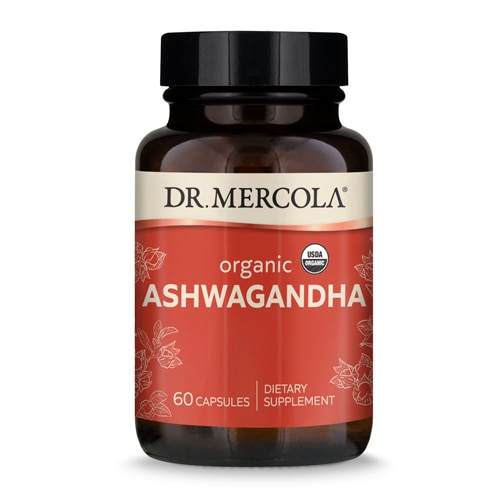One of the most iconic images from the Peanuts cartoon strip depicts Lucy at a booth that looks like a lemonade stand. On the front of the booth, below where Lucy sits, appears this message: “The doctor is in.”
But while the doctor may be in, about one-fourth (26 percent) of American adults don’t have a primary care physician or any other primary care provider, according to a 2018 survey by the nonprofit Kaiser Family Foundation. Among millennials, the figure was 45 percent — the highest share of any age group.
A recent study highlights the importance of having a primary care provider.
The study, conducted by researchers at Northwestern University and published in January 2019 in the journal JAMA Internal Medicine, found that Americans who take advantage of primary care received more recommended flu shots, cancer screenings, preventive tests and similar services, and expressed greater satisfaction with patient care and overall healthcare access. Northwestern defines a primary care provider as someone a consumer routinely visits when they’re sick or they’re seeking medical advice.
“Primary care professionals are, essentially, the quarterbacks of healthcare,” according to the nonprofit organization Primary Care Progress.
Dr. Morton Tavel, clinical professor emeritus of medicine at Indiana University and author of “Health Tips, Myths and Tricks: A Physician’s Advice,” says everyone should have a primary care provider, whether it’s a general practitioner, internist, pediatrician or another healthcare professional.
Jordan Foster, a family nurse practitioner in Hampton Bays, New York, says primary care providers help patients avoid illnesses and diseases, and they coordinate care with various healthcare specialists.
“Preventive care is a fancy way to say that we help screen and monitor for preventable diseases,” Foster says. “Instead of waiting for people to become sick or not feel well, primary care providers try to implement changes to prevent chronic diseases.”
Through regular checkups or frequent office visits, a primary care provider monitors a patient’s blood pressure, tracks their weight, tests their blood and uses other methods to detect potential problems “and help patients learn how to modify their lifestyle to prevent diseases,” Foster says. Furthermore, a primary care provider ensures patients keep up to date on recommended screenings and vaccinations.
Also, a primary care provider communicates with specialists — such as cardiologists, pulmonologists and endocrinologists — to gain an overview of a patient’s health, Foster says.
“We act as the middle person to ensure medications don’t interact,” she says, “and that there is no overlap in treatment among specialists.”
Foster notes that a primary care provider might be able to spot a chronic condition, such as high blood pressure or diabetes, before it becomes apparent. “It is vital to [get screened] routinely and see a primary care provider to try to prevent chronic disease before it occurs,” she says.
According to Primary Care Progress, other benefits of regularly seeing a primary care provider include:
- Lower healthcare costs. People who have a primary care provider can save 33 percent on healthcare expenses compared with people who stick to specialists.
- Fewer ER visits. Access to primary care helps keep people out of ERs, where care costs at least four times as much as other outpatient care does.
- Increased lifespan. Adults in the U.S. who have a primary care provider enjoy 19 percent lower odds of premature death than those who only visit specialists.
In the long run, developing and maintaining a relationship with a primary care provider instills trust in a patient, according to Iowa-based UnityPoint Health.
“Most people don’t love talking to strangers, especially about their health care needs and concerns,” UnityPoint Health says.
How to choose a primary care doctor
If you don’t have a primary care provider, the U.S. National Library of Medicine suggests asking these questions before choosing one:
- Is the office staff friendly and helpful? Is the office good about returning calls?
- Are the office hours convenient?
- How easy is it to reach the provider? Does the provider use email?
- Do you prefer a provider whose communication style is friendly and warm, or more formal?
- Do you favor a provider who focuses on disease treatment, or on wellness and prevention?
- Does the provider take a conservative or aggressive approach to treatment?
- Does the provider order a lot of tests?
- How often does the provider refer patients to specialists?
- What do friends, neighbors, professional colleagues and relatives think of the provider?
Dr. Susan Besser, a primary care physician associated with Mercy Medical Center in Baltimore, explains that without a primary care provider, “no one is looking at you — they are looking at various parts of you. So, there is no one to get a total picture of you. Things could get missed.”
“Think of the ancient proverb about several blind men examining an elephant,” Besser adds. “They all came up with a different picture since they were only aware of a part of the elephant, not the whole animal.”




